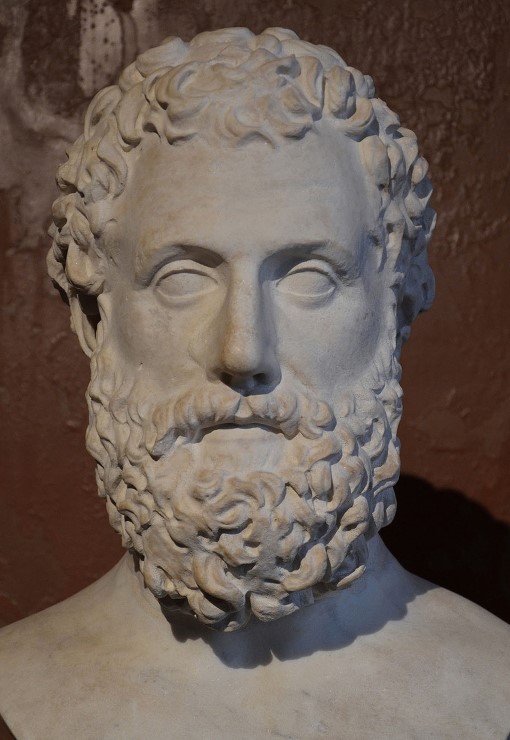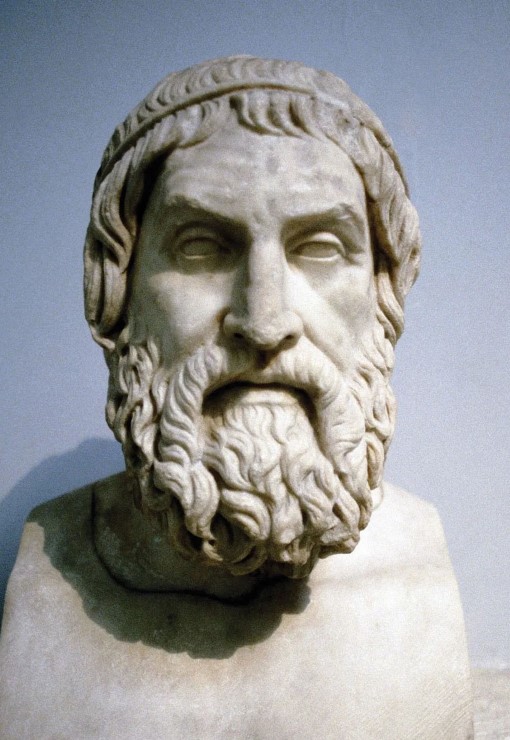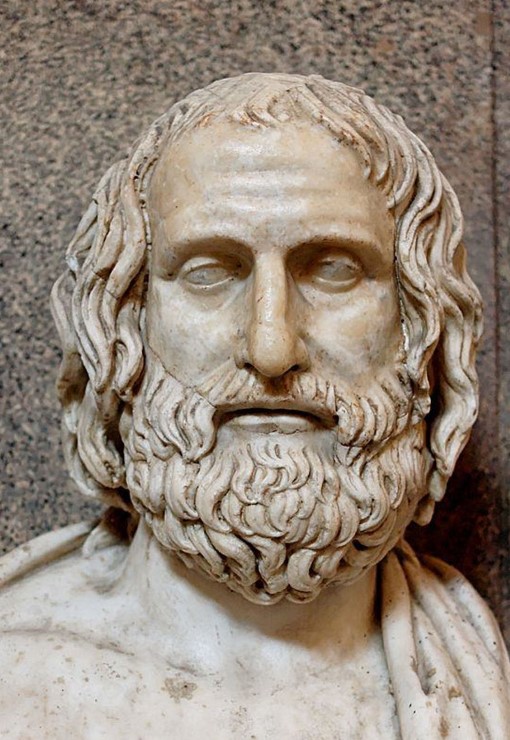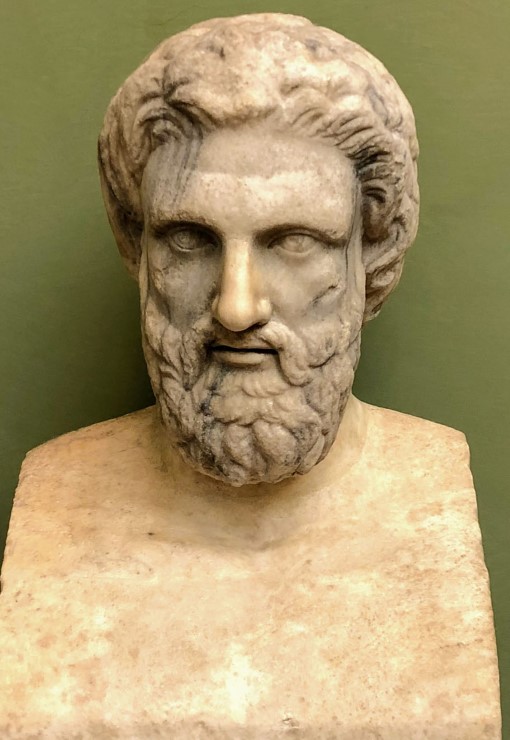

Ancient Greek Attic dramas are revered for their profound impact on the development of Western theater and their enduring influence on literature and performing arts.
These dramas, originating from the region of Attica, encompass both tragedies and comedies that explore complex themes such as fate, human nature, and societal norms. They were performed during religious festivals and remain some of the most studied and performed works in theater history.
Playwrights of Ancient Greece crafted these dramas with intricate plots, compelling characters, and profound philosophical inquiries, contributing significantly to the cultural and intellectual life of their time. The works of these dramatists not only entertained but also provoked thought and discussion among audiences, highlighting the values and conflicts of Greek society.
The influence of Attic dramas extends beyond their original context, providing valuable insights into Greek mythology, history, and daily life. Their themes of love, power, justice, and the human condition resonate with contemporary audiences, reflecting the timeless nature of their storytelling.
These dramas have been translated, adapted, and performed across the world, serving as foundational texts for the study of theater and literature. Their legacy continues to shape modern narratives and dramatic techniques, showcasing the enduring power of Ancient Greek creativity and innovation.
Aeschylus is often referred to as the father of tragedy. His plays are characterized by their grandeur, dramatic intensity, and the introduction of the second actor, which allowed for more complex storytelling and character interaction.
More
Sophocles is celebrated for his contribution to the development of drama, particularly through his introduction of the third actor. His plays often explore the tension between human will and divine destiny, with characters facing moral and existential dilemmas.
More
Euripides is known for his innovative approach to drama, often focusing on the inner lives and emotions of his characters. His plays are marked by their psychological depth and exploration of social issues, making them highly relatable to contemporary audiences.
More
Aristophanes is the most famous writer of Old Comedy in Ancient Greece. His works are known for their sharp political satire, humor, and social commentary, providing a unique glimpse into the political and cultural life of Athens.
More
Ancient Greek art and architecture, with its harmonious proportions and timeless elegance, continue to inspire awe and admiration millennia later.
Discover
Greek mythology, a rich tapestry of gods, heroes, and mythical creatures, captivates the imagination with its tales of love, betrayal, and epic adventures that delve into the depths of the human psyche.
Discover
Ancient Greek history, marked by remarkable achievements in democracy, philosophy, and warfare, shaped the foundation of Western civilization, leaving an indelible legacy of innovation and cultural influence that continues to resonate to this day.
Discover
The ancient Greek Olympics, held in Olympia every four years, celebrated athleticism, unity, and cultural pride, serving as a testament to the enduring spirit of competition and excellence that transcends time and borders.
Discover
Ancient Greek wars, such as the Persian Wars and the Peloponnesian War, were pivotal conflicts that shaped the course of history, highlighting the struggle for power, independence, and the clash of civilizations in the ancient Mediterranean world.
Discover
Ancient Greek culture and society, characterized by its emphasis on art, philosophy, and civic engagement, fostered a vibrant intellectual and social landscape where innovation flourished, democracy thrived, and the pursuit of knowledge and excellence was celebrated as fundamental values of civilized life.
Discover
Find out more about ancientgreece.com